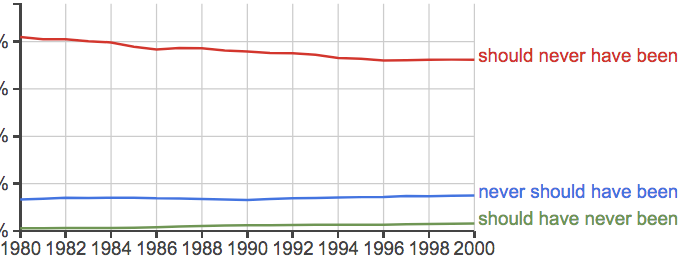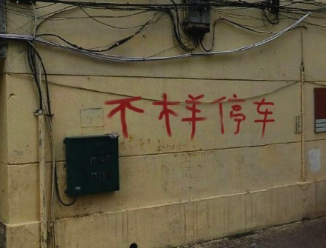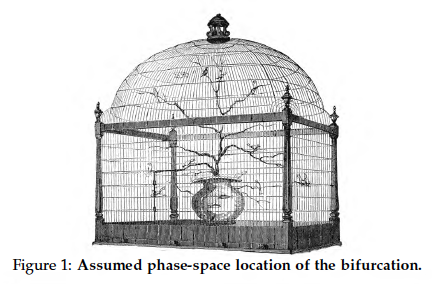Morris Halle R.I.P.
Morris Halle passed away early this morning: born 7/23/1923, died 4/2/2018.
The abstract from "Morris Halle: An Appreciation", Annual Review of Linguistics 2015, describes his influence on the field:
 Morris Halle has been one of the most influential figures in modern linguistics. This is partly due to his scientific contributions in many areas: insights into the sound patterns of English and Russian, ideas about the nature of metered verse, ways of thinking about phonological features and rules, and models for argumentation about phonological description and phonological theory. But he has had an equally profound influence through his role as a teacher and mentor, and this personal influence has not been limited to students who follow closely in his intellectual and methodological footsteps. It has been just as strong—or stronger—among researchers who disagree with his specific ideas and even his general approach, or who work in entirely different subfields. This appreciation is a synthesis of reflections from colleagues and former students whom he has formed, informed, and inspired.
Morris Halle has been one of the most influential figures in modern linguistics. This is partly due to his scientific contributions in many areas: insights into the sound patterns of English and Russian, ideas about the nature of metered verse, ways of thinking about phonological features and rules, and models for argumentation about phonological description and phonological theory. But he has had an equally profound influence through his role as a teacher and mentor, and this personal influence has not been limited to students who follow closely in his intellectual and methodological footsteps. It has been just as strong—or stronger—among researchers who disagree with his specific ideas and even his general approach, or who work in entirely different subfields. This appreciation is a synthesis of reflections from colleagues and former students whom he has formed, informed, and inspired.
If you don't have an institutional or individual subscription, a .pdf version of that article is here.
Read the rest of this entry »



